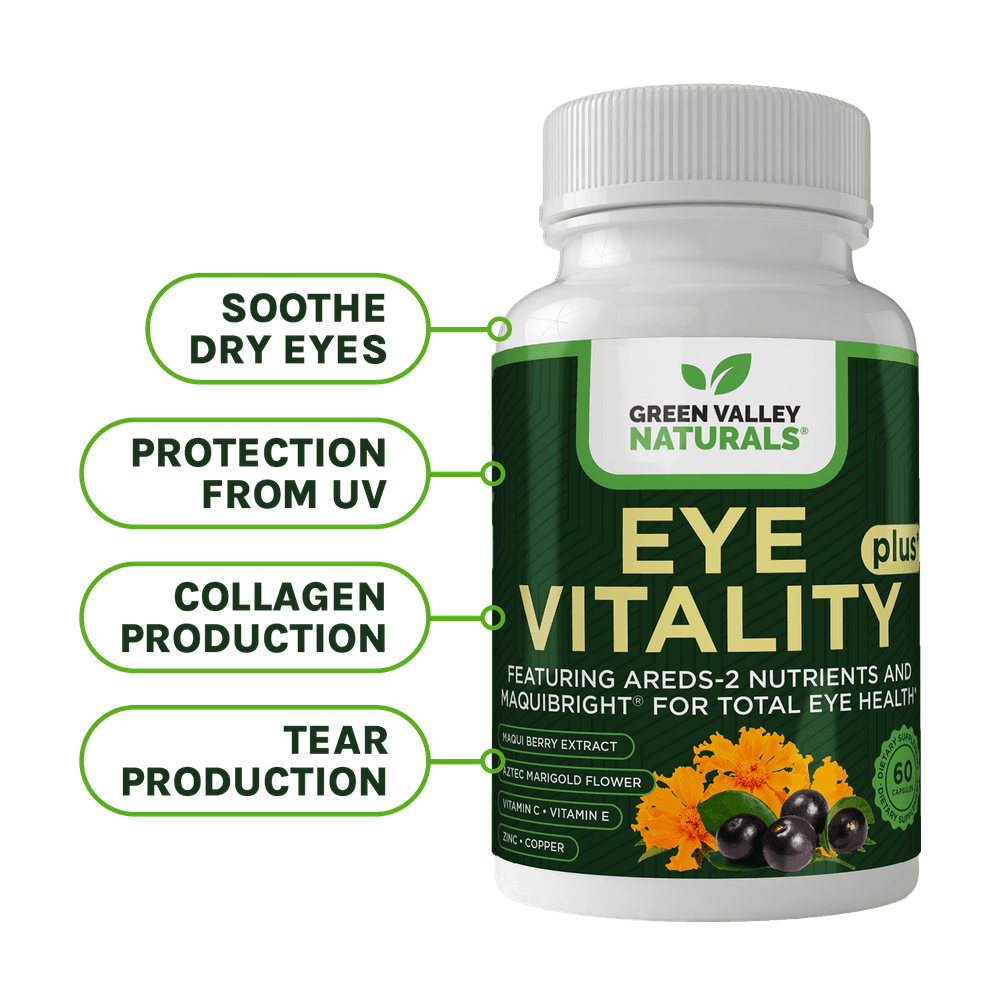
- Non-Hodgkin’s lymphoma: Research in Australia demonstrates that having hazel eyes boosts your chances of this cancer of the lymph system.2
- Iris melanoma: A review study shows that this type of eye cancer is more prevalent in people with blue eyes.3 It’s very rare. Don’t let it keep you up at night.
Endometriosis Link
In women, the chances of endometriosis can also be linked to eye color. This serious, painful condition occurs when the tissue that lines the uterus begins to grow outside of that organ – often on the ovaries or fallopian tubes. The condition affects about ten percent of women before they reach menopause. It can be linked to chronic fatigue syndrome, infertility, ovarian and breast cancer, allergies and chemical sensitivities.4 According to researchers in Italy, women with blue eyes run a significantly higher risk of developing “deep” endometriosis which causes extreme pain and infertility.5 The Italian scientists believe that some of the same genes that cause a woman’s eyes to be blue probably also influence the chances of the overgrowth that leads to endometriosis. A wide range of other conditions have also been connected to eye color:- People with blue eyes are more likely to abuse alcohol: An analysis at the University of Vermont found that people with lighter colored eyes were much more likely to indulge in problem drinking than folks with dark brown eyes.6
- If you have brown eyes, some research suggests you may have a lower risk of blindness resulting from macular degeneration: Macular degeneration seems to occur more often in folks with blue eyes. Some researchers dispute this. But it is well-established that those with brown eyes do have a greater chance of developing cataracts, which don’t occur as often in those of us who have blue eyes.7

